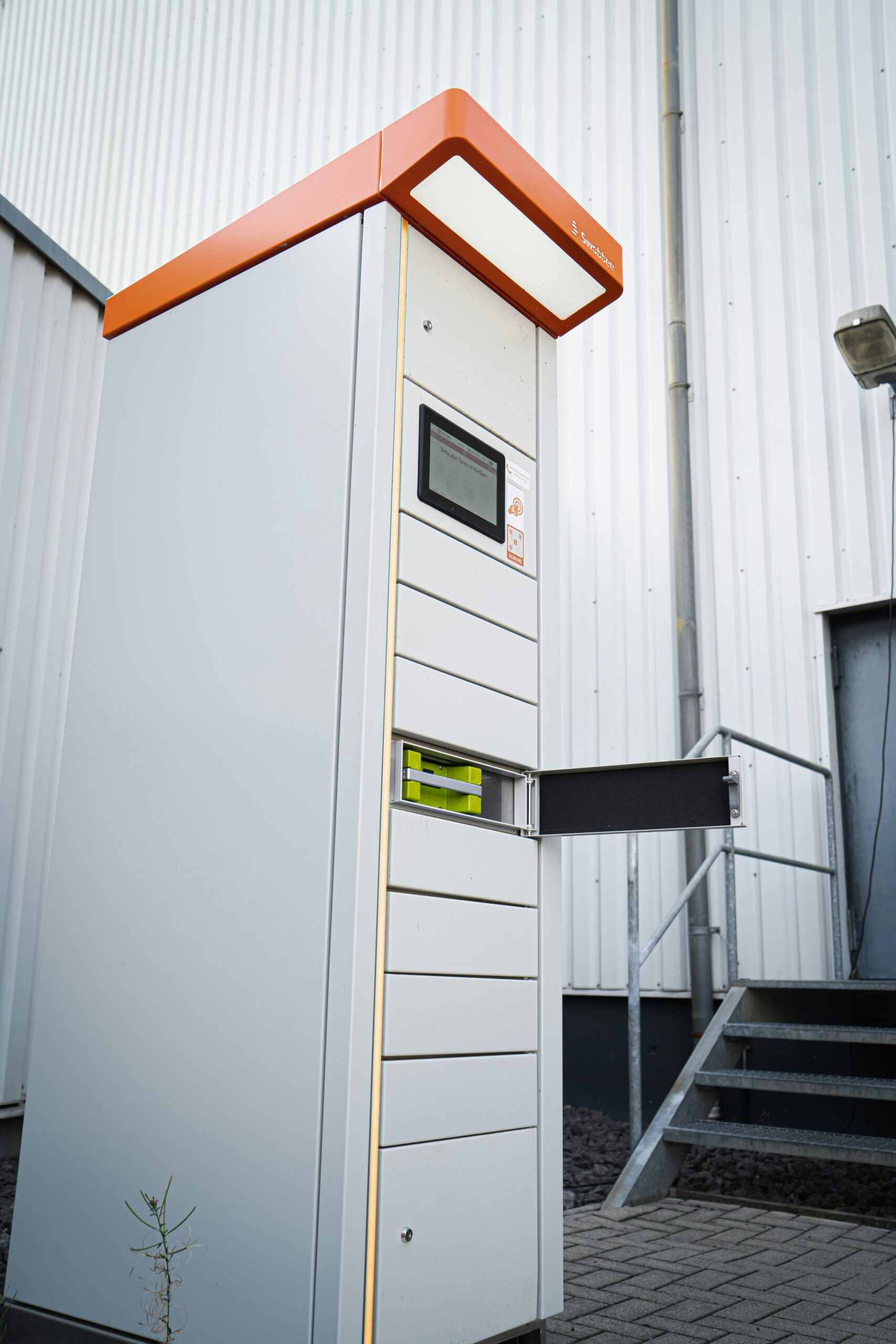
The Advantages and Disadvantages of Lithium-ion Batteries
Lithium-ion batteries have become the go-to power source for many electronic devices and electric vehicles. Their high energy density, long lifespan, and lightweight design make them a popular choice for a wide range of applications. However, like any technology, lithium-ion batteries have their own set of advantages and disadvantages. In this article, we will explore the pros and cons of lithium-ion batteries to help you understand their capabilities and limitations.
Advantages of Lithium-ion Batteries
1. High Energy Density: Lithium-ion batteries types have a higher energy density compared to other rechargeable battery types. This means that they can store more energy in a smaller and lighter package, making them ideal for portable devices like smartphones and laptops.
2. Long Lifespan: Lithium-ion batteries have a longer lifespan compared to other battery technologies. They can withstand hundreds of charge-discharge cycles before their capacity starts to degrade significantly. This makes them a cost-effective choice in the long run, as they do not need frequent replacements.
3. Fast Charging: Lithium-ion batteries can be charged at a faster rate compared to other battery types. This is especially beneficial for electric vehicles, as it reduces the charging time and allows for longer driving ranges.
4. No Memory Effect: Unlike some other battery chemistries, lithium-ion batteries do not suffer from the memory effect. This means that you can charge them at any time, regardless of their current state of charge, without affecting their overall capacity.
5. Low Self-Discharge: Lithium-ion batteries have a low self-discharge rate, which means that they can retain their charge for longer periods when not in use. This is particularly useful for devices that are used infrequently or for emergency backup power.
Disadvantages of Lithium-ion Batteries
1. Safety Concerns: While lithium-ion batteries are generally safe to use, there have been incidents of overheating, fires, and even explosions. These incidents are rare but can occur due to manufacturing defects, improper usage, or physical damage to the battery.
2. Limited Shelf Life: Even when not in use, lithium-ion batteries have a limited shelf life. Over time, their capacity gradually decreases, and they may become less effective at holding a charge. This can be a concern for devices that are stored for long periods without use.
3. Environmental Impact: The production and disposal of lithium-ion batteries can have environmental implications. The extraction of lithium and other materials used in the batteries can have negative effects on the environment, and improper disposal can lead to pollution. However, efforts are being made to improve the sustainability of lithium-ion battery production and recycling.
4. Cost: Lithium-ion batteries can be more expensive compared to other battery types. This is primarily due to the materials used and the manufacturing processes involved. However, as technology advances and economies of scale come into play, the cost of lithium-ion batteries is expected to decrease over time.
5. Temperature Sensitivity: Lithium-ion batteries are sensitive to temperature extremes. Exposure to high temperatures can lead to accelerated degradation and reduced lifespan, while extremely low temperatures can affect their performance. Proper temperature management is crucial to ensure the optimal functioning of lithium-ion batteries.
Conclusion
Lithium-ion batteries offer numerous advantages such as high energy density, long lifespan, and fast charging. They have revolutionized the way we power our portable devices and electric vehicles. However, it is important to be aware of their limitations, including safety concerns, limited shelf life, and environmental impact. By understanding the pros and cons of lithium-ion batteries, you can make informed decisions when choosing the right power source for your specific needs.

